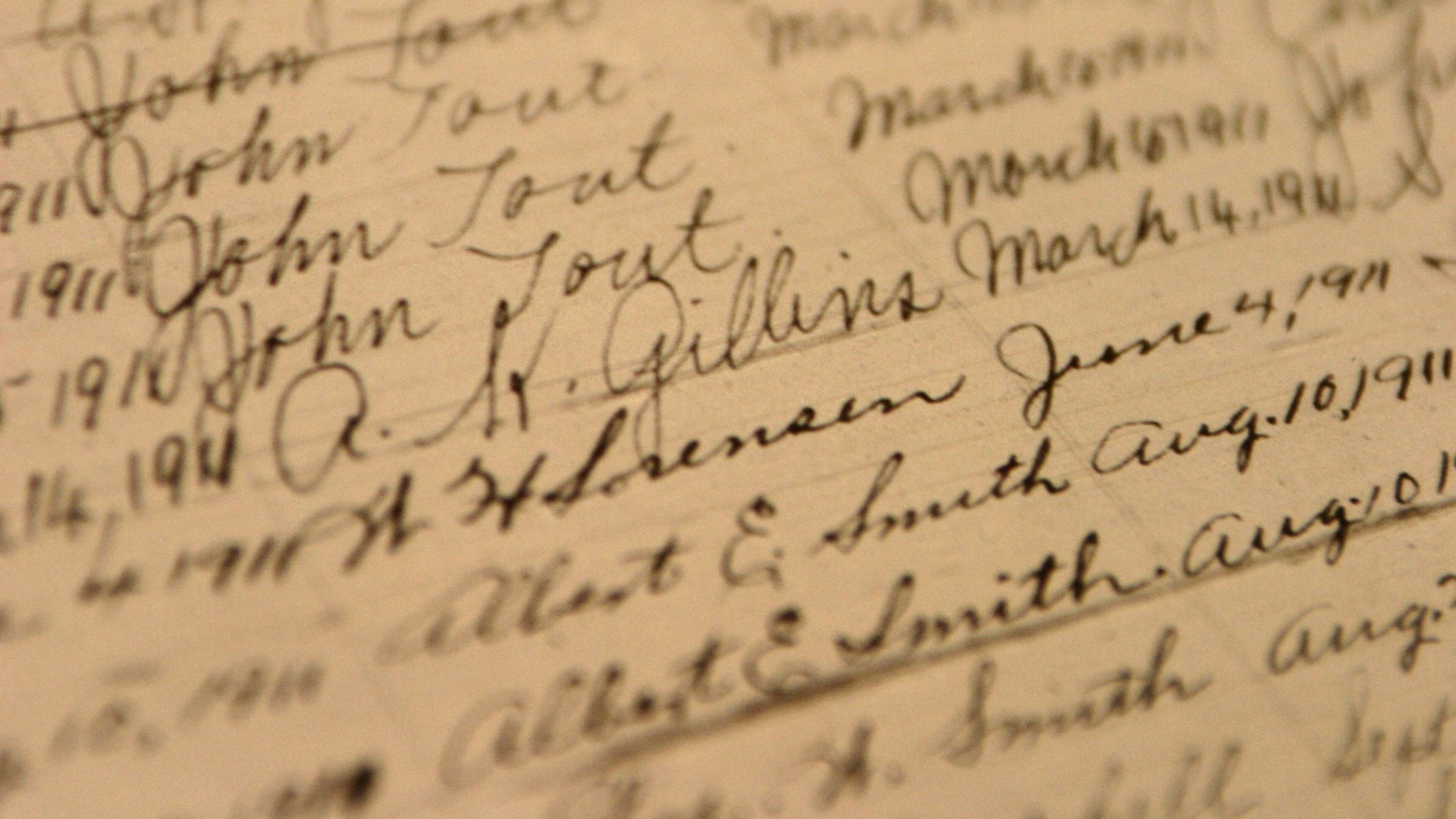Christmas a good time to share family stories, other treasures

Contact Kenneth H. Thomas Jr., P.O. Box 901, Decatur, GA 30031 or gagensociety.org.
One of the best Christmas gifts anyone could give a genealogist would be one that does not cost any money.
It would be the gift of sharing a family story, or pulling out family photos that they might have “forgotten” they had, as my cousin did 30 years after his mother’s death. Or my Dad’s five surviving World War II letters that my mother gave me only a few years ago.
There are a lot of things families still have not shared, either on purpose or by just waiting for the right time to discuss or show. Now might be the time to ask.
I learned long ago that asking for a specific photograph might preclude a relative showing you the hundreds of others they have. It’s best to ask to see “all the old stuff,” without being detailed. Bring up the subject of scrapbooks, baby books, and, of course, the family Bible, which many families hoard and refuse to admit they have, for fear you will walk off with it. With cameras on our phones and tablets that take good photos, you can use them to shoot a picture of the pages, which is better that than no copy at all.
Family stories are still some of the best things to share, especially using the holidays or major events as a theme — like, where were you when Pearl Harbor was attacked? Maybe you could work in a visit to the local cemetery and the family plot, discussing those buried there.
Hopefully, you can glean some new genealogy information or see some unknown family items over the holidays.
Wartime proxy marriages
One family recently learned their uncle had married while overseas to a local Atlanta woman via telephone in 1944. These wartime proxy marriages had a minister present on both ends, and it is presumed were recorded at the bride’s home county courthouse. Anyone with information should write, so we can share with readers. There is a lot of information online about theses marriages.
Freedmen’s Bureau index
The Freedmen's Bureau Collection — nearly 2 million records of the post-Civil War agency created to help freed African-Americans — now has been fully indexed due to a massive volunteer effort. See familysearch.org to access the materials and discoverfreedmen.org to search the index.
You can search by personal name or by location, such as “Sapelo, Georgia,” to find information. The index includes the Freedman’s Bank, as well as labor contracts, hospital and school reports, and a lot of other records. Former owners and other white people also can be found in the index, due to land issues, or labor contracts. Many whites were hired as teachers and other officials.
It’s a fabulous resource to have now fully indexed for historians and genealogists.

